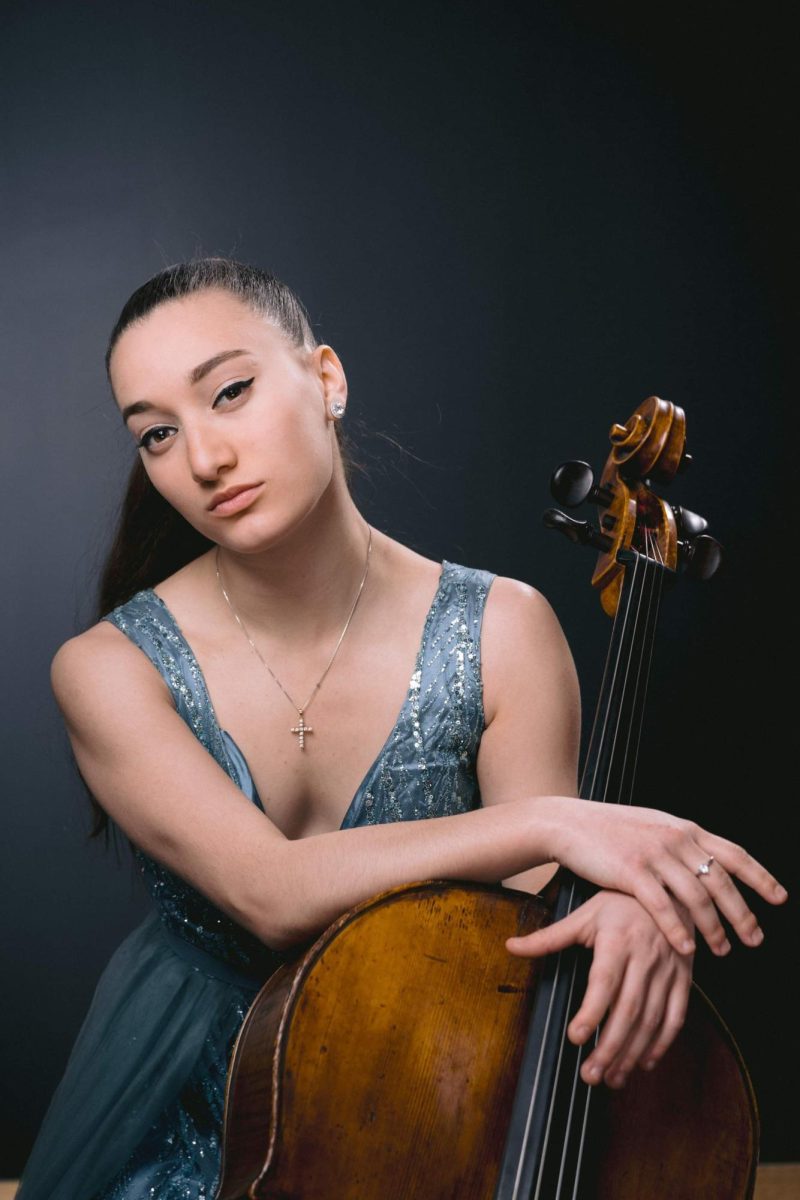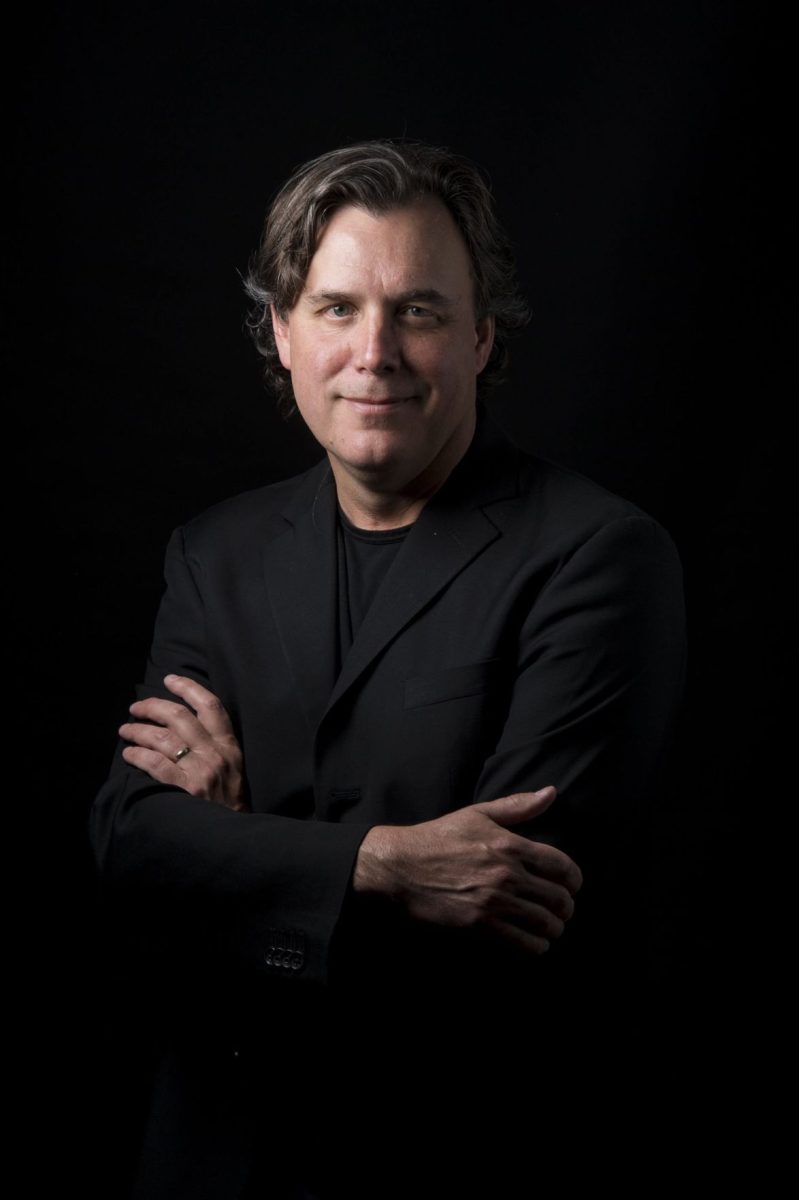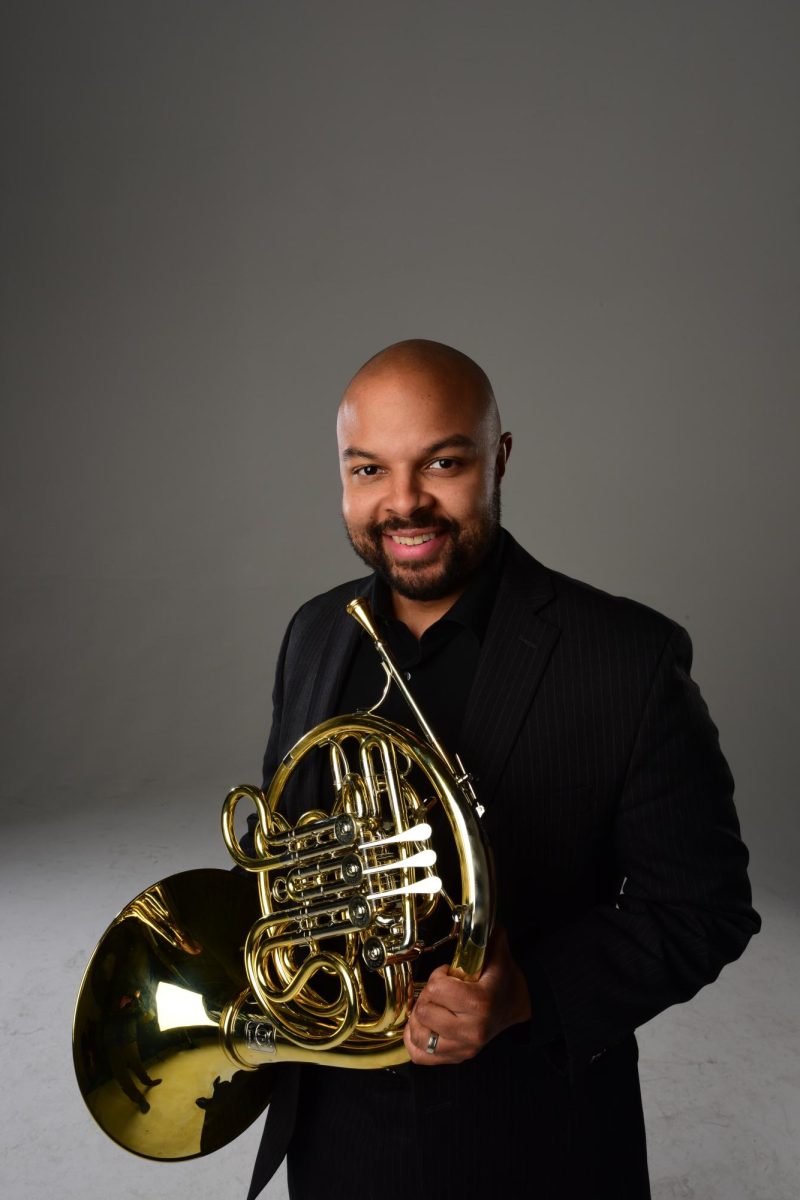Could you share a bit about your background as a singer and a voice coach?
I’m a graduate of the [Oberlin] Conservatory, 2003, just over 20 years ago, which is crazy. I grew up in a small town in Michigan, and at a young age I happened across a teacher who introduced me to classical singing. I studied classical voice and operatic styles of singing throughout high school, and at Oberlin, and got a Bachelor of Music. I did the operas and all of that while I was there, and I left going, “I don’t know what I’m supposed to do next.” Eventually I connected with a teacher, Jeanie LoVetri, who actually did a masterclass on contemporary commercial singing at Oberlin in 2014. That really shifted the trajectory of my life because I was working as a teacher — primarily working with people on pop, rock, R&B, and gospel — but I hadn’t really studied those styles myself. So meeting Jeanie pointed me down this different path where I was intent upon finding my voice in a way that felt authentic and true. Eventually, I found my way into the work that I’m doing now, which is really about using my voice in three different capacities. One is using my voice as a tool for sound as a healing modality, creating sonic experiences that rely heavily on my voice. And that’s what I’m going to be creating in Finney Chapel, The RESET. Then, I work one on one with people, coaching them, where I use the voice as a tool for healing and transformation in their lives. And then finally, I lead people into collective singing experiences using improvisational singing.
Could you talk about The RESET sound experience, and what people can expect from this event?
A lot of people are probably familiar with the idea of sound bathing, immersion, or a sound journey. Traditionally, there are these instruments that are associated with sound as a healing modality, like the gong. There is evidence of people using the gong as a tool for healing over 1,000 years, particularly in China. Also, more modern instruments like the crystal singing bowls, tuning forks, drums, rattles, and shakers. What I have landed on is a unique expression of my passion around using the voice as a tool for healing and transformation. What’s unique about The RESET is it’s like a sound bath, but there’s both an acoustic element and an electronic element where I’m utilizing my voice through looping devices to create layers of sound. So it’s very much an arc of experience that starts in the acoustic realm, moves into the amplified electronic realm, goes on a journey to a crest, then comes down slowly at the end. People typically are laying down at the experience or just in a contemplative place and bringing their focus or attention inwards. What’s unique about this is that I’ve been bringing it to unexpected spaces. I’m excited to bring it to Finney and I’m working towards finding similar venues that are wanting to flip the script and see what happens in their space.
How do you think your journey as an artist has impacted your perspective on the power of sound?
When I was at Oberlin, if someone would have said they were doing sound healing I think that that would have implied that they weren’t a legitimate artist. Everyone knew that music and making music felt good — and no one would deny that — but there was always this hierarchy of art form, in skill, and who is allowed to play what where. A part of my own healing journey has been breaking down those walls and barriers. I’m very trained as a musician — I’ve had a lot of training over a lot of years with some incredible teachers — but what I’ve realized is that only matters as much as I’m able to connect with the sound and the music so I can connect with others. I’ve stepped into a place of wanting to be a channel and let that flow through me so that it can affect others. Healing is a complicated word; it means a lot of different things to a lot of different people. That being said, it’s old medicine. Everyone knows what it is to go to a concert and walk away and feel changed, but very rarely do we go to a concert with that sort of intention of an experience. There’s this separation between the performer and the audience; it feels disparate. If someone is skillful, it feels like they’re up high and they’re disconnected. I’m really interested in breaking down those barriers and getting really intimate. I’m going to be the channel to express the sound, but it’s a reverberation of what’s already within you and what you’re already creating in the world. That then connects us, which has a healing aspect and component to it.
What are your future plans for The RESET?
I’m at the beginning of doing this on the scale that I want. I’m having some really exciting conversations. I wish I could name-drop right now, but I won’t because I don’t have any signed dotted lines. My intention is to scale this up and bring it to truly unexpected places. The beauty of my work is because part of it is amplified and electronic, it can really scale up. It’s not contingent on acoustics. I’m pursuing a lot of classical music venues that are looking to shift their programming in a way that will bring in new audiences. I’m looking to heal the wounds that some institutions carry around — who’s allowed to be where, why, and on what terms. This is how you should behave in certain spaces, this is what you can look like, this is who you can be. I’m really looking to be a catalyst for a subtle shift. You have students that will go through their whole time at Oberlin, and they will never see the view from the Finney Chapel stage. It creates this illusion about who belongs where. So this is a subtle way of being like, “You can come here, you can come in your sweatpants, you can lay down.” I mean, that’s pretty radical, but it’s also not that big of a deal.









